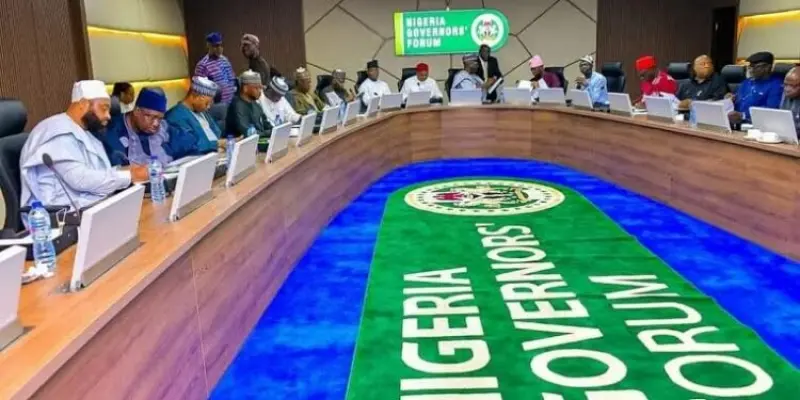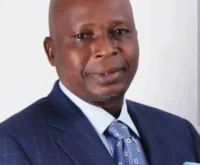The potential establishment of State Police in Nigeria, as indicated by the agreement between President Bola Tinubu and state governors, along with the drafting of a relevant bill, has sparked both hope and controversy amidst the ongoing insecurity in the country.
The proposed bill, aimed at altering the constitution to facilitate the establishment of State Police, highlights a significant shift in Nigeria’s approach to security governance. However, it has raised concerns regarding the distribution of power and the potential for abuse by partisan actors.
One of the key contentious points is the allocation of powers between the President and state governors in relation to the State Police. While the bill grants the President sweeping powers to direct the Inspector General of the Federal Police, governors would not have equivalent authority over State Police forces. This arrangement has raised fears that partisan governors could manipulate the State Police for political gain, potentially leading to increased insecurity or even anarchy.
Proponents of State Police argue that placing police forces under the control of governors could enhance security measures at the local level, allowing for more targeted responses to regional challenges. They believe that governors, being closer to the communities they govern, would have a better understanding of local security needs and thus be more effective in addressing them.
However, critics warn that such decentralization of police power could exacerbate existing political tensions and create opportunities for abuse of power. They point out that while a partisan President already has control over the federal police, introducing State Police under the control of governors could further politicize law enforcement and undermine the rule of law.
Despite these concerns, supporters of State Police argue that the current centralization of police power has not effectively addressed the country’s security challenges. They contend that as long as mechanisms are put in place to ensure accountability and prevent abuse, State Police could be a viable solution to improving security across Nigeria.
Ultimately, the fate of the proposed State Police bill will depend on its passage through the legislative process and the extent to which it addresses the concerns raised by various stakeholders. As Nigeria grapples with escalating insecurity, finding a balance between decentralization and accountability in policing will be crucial for achieving lasting security reforms.

 Bauchi Governor Sacks Security Adviser, Ahmed Chiroma
Bauchi Governor Sacks Security Adviser, Ahmed Chiroma  Bloodshed in Kashmir: Soldiers Fall in Line of Duty
Bloodshed in Kashmir: Soldiers Fall in Line of Duty  Kill 3,Bandits Attack Zurmi Emir’s Palace.
Kill 3,Bandits Attack Zurmi Emir’s Palace.  Tinubu’s decision not to pay ransom to the kidnappers
Tinubu’s decision not to pay ransom to the kidnappers  Don’t Obstruct EFCC From Performing Its Duty, Justice Minister Warns Politicians
Don’t Obstruct EFCC From Performing Its Duty, Justice Minister Warns Politicians  Anti-Graft Agency EFCC Barricades Ex-Governor Yahaya Bello’s
Anti-Graft Agency EFCC Barricades Ex-Governor Yahaya Bello’s